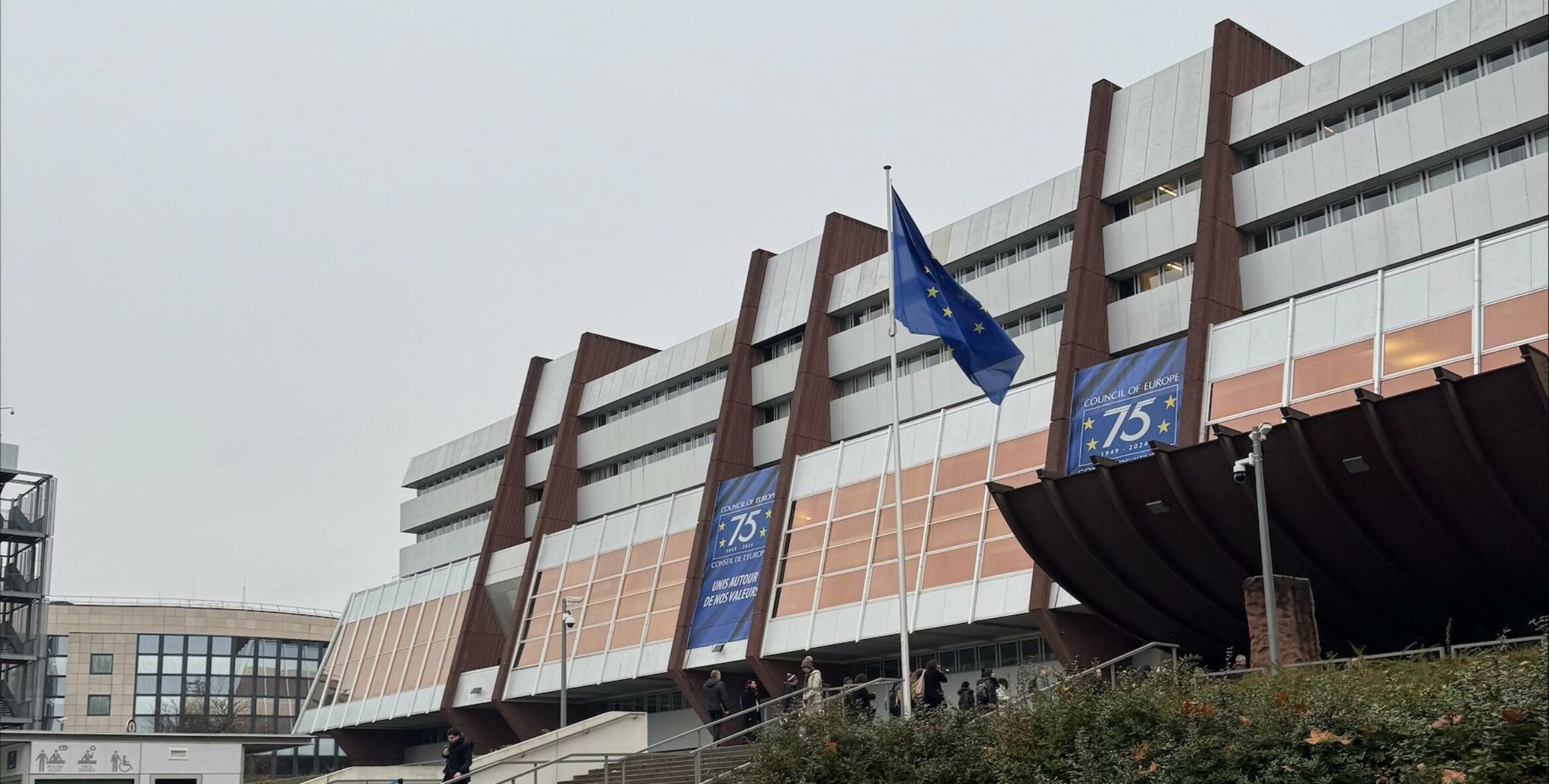Participating in the Council of Europe’s 7th Open Meeting of the Advisory Group – “Follow the Money”
On November 14, Chris Kronow Rasmussen, Director and Head of Financial Crime Prevention in Advisense Denmark, participated in the Council of Europe’s 7th Open Meeting of the Advisory Group on "Follow the Money", where critical discussions revolved around financial transparency, risk detection, and criminal countermeasures within the betting, payments, and financial sectors. Chris role included setting the stage for understanding the complexities of financial transactions, a foundational step toward recognising and disrupting illicit activities.

Exploring Payment Pathways and Criminal Schemes
In the opening presentation, Chris introduced the audience to the diverse payment methods and systems that make up today’s financial landscape, from conventional bank transfers and card payments to digital wallets and cryptocurrency. While these options promote innovation, they also provide avenue for criminal exploitation.
A real-world case study involving suspected money laundering and match-fixing to bring this to life was a key topic. This case walked participants through each financial movement—from the initial payments to those fixing the matches to the hidden flows directed to higher-level actors orchestrating these schemes. Such examples highlight operators’ vital role in detecting unusual or suspicious transaction patterns that could signal financial crime, particularly those facilitating diverse payment methods.
Engaging in Expert Sessions: Betting Monitoring and Crypto Investigations
Following Chris presentation, he was asked to join two expert-led sessions that expanded on “follow the money” strategies in high-risk sectors. The first, “Follow the Money in Betting Monitoring and Detection Systems,” focused on how betting operators and regulators can strengthen their monitoring systems. The discussion included tactics for detecting suspicious betting patterns and explored how cooperative, cross-border efforts can enhance the early identification of potential match-fixing and laundering schemes.
The second session, “Follow the Money in Crypto and Online Service Providers“, addressed the unique challenges virtual assets pose. As crypto gains traction, financial crime detection must adapt, especially regarding blockchain analytics and compliance. Crypto forensics and blockchain tracking can uncover transactional patterns, even within pseudo-anonymous networks often leveraged by financial criminals.
The Growing Role of Match-Fixing in Money Laundering Schemes
A key point of discussion was the emerging trend of using match-fixing as a vehicle for money laundering. In certain jurisdictions like Denmark, match-fixing is increasingly recognised as a potential means to launder illicit funds. Here, bad actors can manipulate betting outcomes to generate “clean” winnings, thereby disguising the origin of dirty money. This evolution of laundering techniques presents new challenges for financial institutions, which must develop a deeper understanding of match-fixing patterns to monitor and mitigate these risks effectively.
Conclusion
This meeting underscored the need for collaboration among financial crime professionals, regulatory bodies, and operators across industries. As exemplified by Denmark’s experience, where match-fixing is now considered a money-laundering risk, financial institutions must proactively understand and address emerging risks. Financial criminals’ evolving tactics require ever-evolving tools, vigilance, and collective action to create robust systems that detect and prevent financial crime.
Read more about our Financial Crime Prevention offering here.
